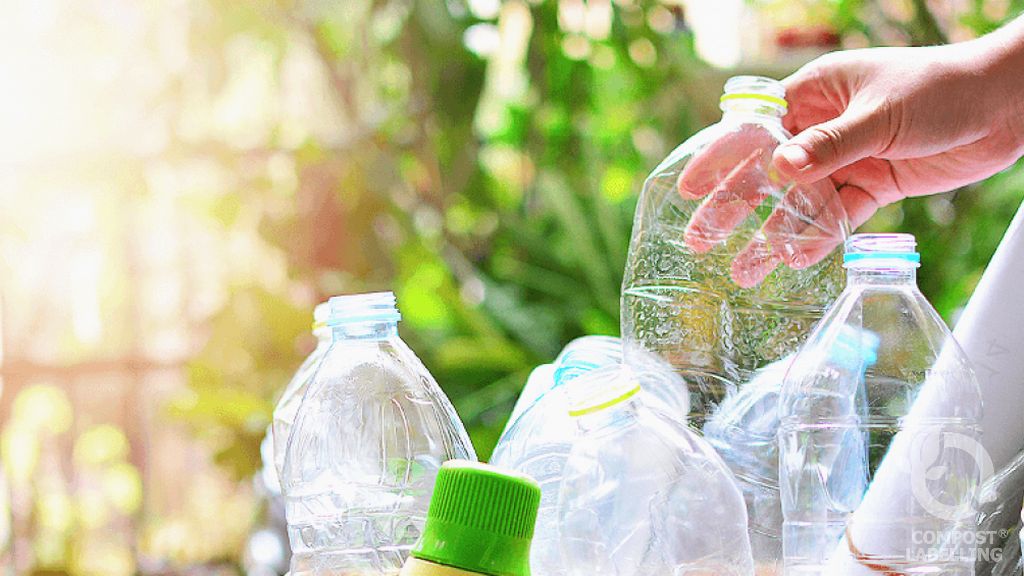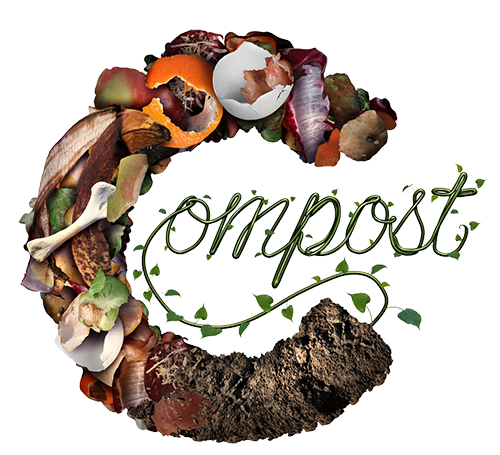What Does Biodegradability Mean?
In the plastic packaging industry, the concept of biodegradable is often used to refer to plastic bags that degrade in landfills or in natural environments. However, some sectors or benchmarks have been identified that determine the biodegradability of a piece of plastic.

In fact, there is nothing in nature that does not deteriorate. Even steel oxidizes and corrodes over time, but this process takes many years, just like plastics. The decomposition of traditional plastic materials in nature is a process that takes a thousand years.
The term biodegradable is used in the plastic packaging industry to express plastic materials to which some additives are added to decompose faster in the landfill or in nature. This is a very right step forward in terms of environmental protection. But much more needs to be done when it comes to reducing waste. This process can still take many years, but what's more troubling is that it leaves toxic residues or microplastics in the environment. Microplastics are extremely small pieces of plastic debris in the environment that result from the disposal and breakdown of consumer products and industrial waste. In fact, microplastics are tiny bits of plastic less than five millimeters short that harm ocean and aquatic life.
More recently, especially in the early 2000s, oxo-degradable packaging has become popular in the plastic packaging industry. These, like biodegradable packaging, consist of additives that allow it to decompose anywhere as long as there is oxygen. However, this is not the solution to the waste problem.
Briefly, the term biodegradable refers to its ability to decompose and decompose under the influence of biological (oxygenated or non-oxygenated) microorganisms such as bacteria or fungi while adapting to the natural environment. There is no ecological harm during the process. In this context, biodegradable solids, that is, compostable materials, are also mentioned.
Our organization always follows domestic and foreign standards, applicable legal regulations and generally accepted practices in certification and labeling studies, and also has a trained and experienced staff and advanced technological facilities. In this context, requesting businesses,It also provides compost certification and C-Label (Compost Labeling) compost labeling services.

Overview
- What is Bioplastic?
- What Are the Types of Bioplastics?
- What Does Biodegradability Mean?
- AS 4736 Biodegradable Plastics - Biodegradable Plastics Suitable for Composting and Other Microbial Processing
- AS 5810 Biodegradable Plastics - Biodegradable Plastics Suitable for Home Composting
- NF T51-800 Plastics - Technical Specifications for Plastics Suitable for Home Composting
- prEN 17427 Packaging - Requirements and Test Chart for Handling Bags Suitable for Processing in Well Managed Home Composting Facilities
- Why Is the Difference Between Biodegradable and Compostable Important?
- Home Compostable Bioplastic Products
- What is the Role of Bioplastics in the Circular Economy?
- What Does Biodegradable, Compostable, and Degradable Mean?
- Compostable or Recyclable, Which Is Better?
- Environmental Sustainability
- Are There Legal Regulations for Compostable Products?
- Composting, A Waste Management Solution
- Awareness of Biodegradable and Compostable Plastics to Protect the Environment
- Biodegradation and Composting
- Sustainable Packaging, Packaging for the Future
- Function of Packaging, Resource from Waste
- Added Value of Compostable Products
- Compostable Packaging Limits the Amount of Food Waste Going to Landfills
- Compostable Packaging Contributes to Quality Compost Production
- Compostable Packaging Reduces Plastic Pollution in Waste Collection
- Compostable Packaging Creates a Simplified Experience for Consumers
- Compostable Packaging is an Alternative Solution to Non-Recyclable Packaging
- Waste Means Food In The Circular Economy
- What is the Role of Bioplastics in the Circular Economy?
- Effect of Microorganisms on Biodegradable Bioplastics
- Are Oxo-Biodegradable Plastics Environmentally Friendly?
- Getting Started with Composting
- How Organic Gardening Reduces Waste in Landfills
- Confusion Between Biodegradable and Compostable
- New Generation Plastics: Compostable Plastics
- Things You Didn't Know You Could Compost
- How Is Cow Manure Composted?
- Advantages of Inline Composting
- Reasons for the Development of the Organic Compost Industry
- Comparison of Composting Methods
- Compost Stages
- Monitoring and Record Keeping in the Composting Process
- Fundamentals of Agricultural Composting
- Mechanical Composting
- How Should Good Compost Be?

